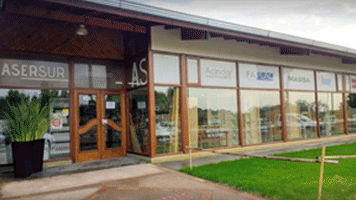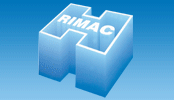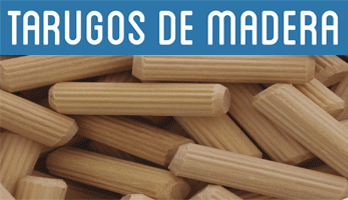
Estamos concentrados en pensar el futuro del mueble argentino
La experiencia de Proyecto Deseo es transformadora desde el principio: propiciar el vínculo entre fabricantes y estudios de diseño es dar lugar a la innovación desde un espacio muy genuino y de investigación de lo propio.
Estamos concentrados en pensar el futuro del mueble argentino, desde el diseño y la comunicación, y eso es un desafío enorme. A esta experiencia este año le sumamos el Proyecto Enlace que se anexa como propuesta “semilla” y es completamente experimental: buscamos generar desde la libertad creativa espacios, momentos y procesos para investigar materiales, tipologías y para reflexionar sobre las posibilidades de dar saltos cualitativos importantes en el sector.
A diferencia de Proyecto Deseo, Enlace no articula con la realidad productiva de ninguna empresa en particular. Convocamos a un grupo heterogéneo de personas entre las cuales hay diseñadores, artistas, carpinteros y arquitectos para recorrer un proceso introspectivo y experimental y desde ahí generar propuestas nuevas hacia el sector mueblero.
Este año estamos realizando la primera experiencia con Enlace y los resultados que estamos obteniendo son de una riqueza increíble, difícil de medir, pero que implica un salto de calidad para la industria.

IT MAY INTEREST YOU
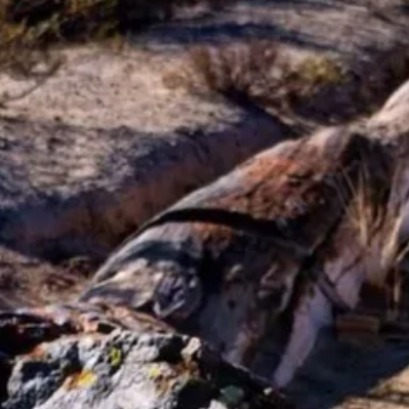 The forest of the oldest shadows: the story of the petrified trees
The forest of the oldest shadows: the story of the petrified trees
One of the natural treasures of Río Negro turns 23 years old under the protection law that allows its conservation. Where it is and how it was formed. Río Negro celebrates 23 years of conservation in the petrified forest as a Protected Natural Area (ANP). It is a space of 625 hectares that protects an exceptional site of fossil trunks that date back more than 60 million years.
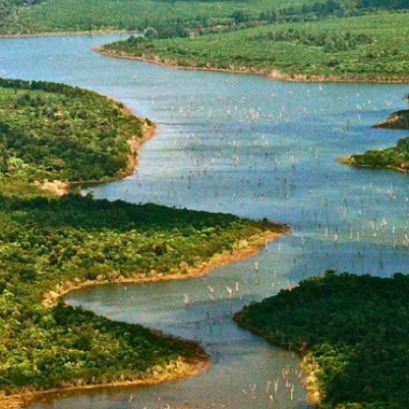 The second largest wetland in South America is located in Argentina: what is it?
The second largest wetland in South America is located in Argentina: what is it?
Argentina has national parks that place it in a unique position within South America, competing with 300 others. Which is the largest? South America is home to more than 300 national parks, but many go unnoticed. There are extensive wetlands that have been the subject of major ecological restoration projects, to coastal mountains with deep indigenous heritage. Today we tell you the case of one located in Argentina.
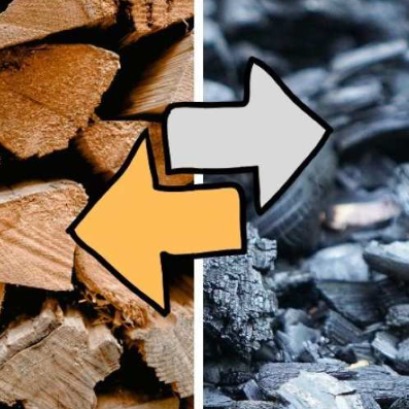 Canadian researchers make biochar from wood waste that rivals steel in strength
Canadian researchers make biochar from wood waste that rivals steel in strength
Researchers at the University of Toronto have developed monolithic biochar from wood that can reach an axial hardness of up to 2.25 GPa, similar to mild steel.


